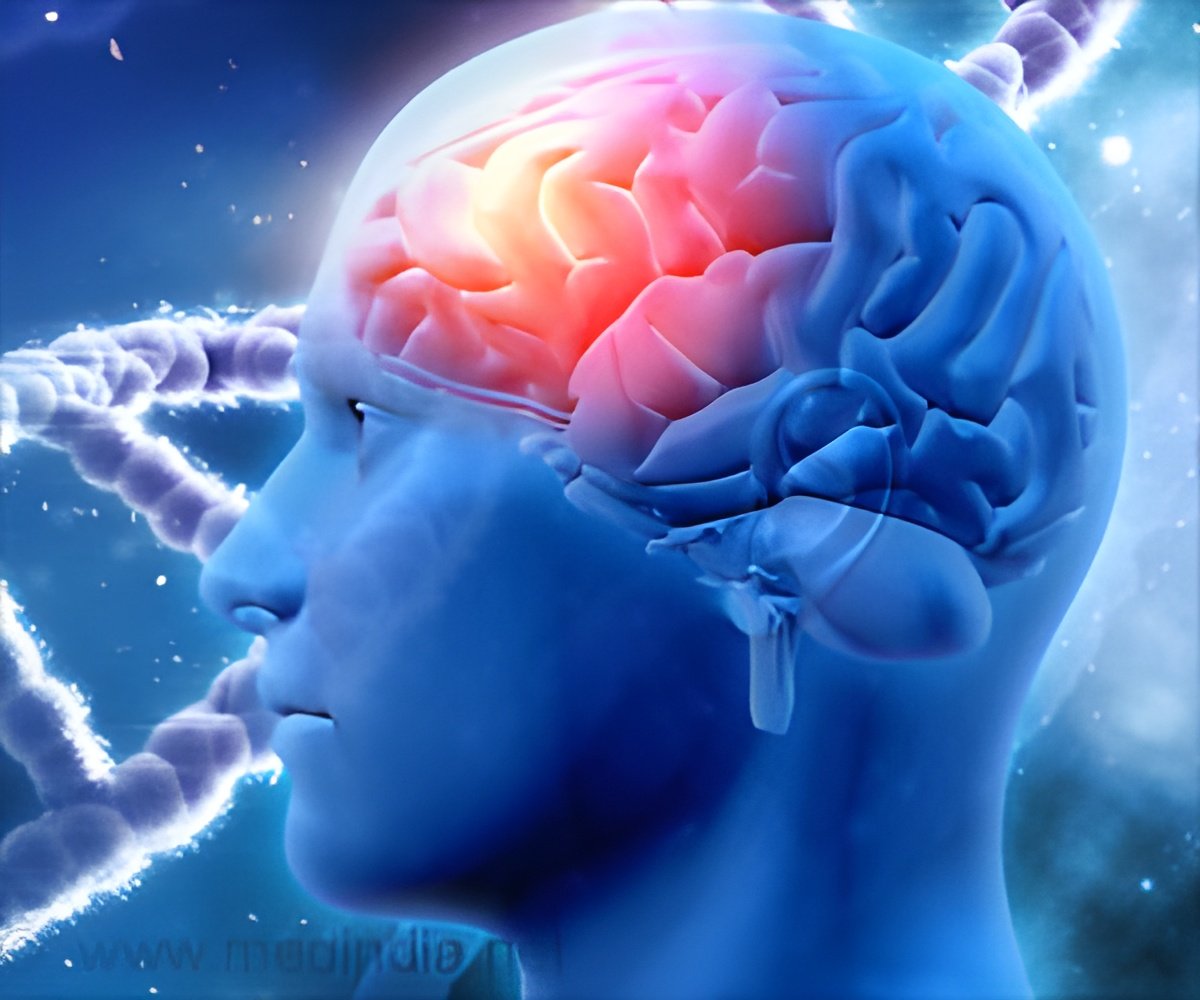Artificial intelligence uncovers a mechanism that associates COVID-19 with Alzheimer's disease-like cognitive impairment.

‘Artificial intelligence uncovers a mechanism that associates COVID-19 with Alzheimer's disease. The SARS-CoV-2 virus may impact several genes or pathways involved in neuroinflammation and brain microvascular injury thereby causing cognitive impairment. The data may help in developing risk management and therapeutic strategies for COVID-19-associated dementia.’





Multiple reports support the long-lasting impact of COVID-19 on brain functions. This data may help in developing risk management and therapeutic strategies for COVID-19-associated cognitive impairment. The study team harnessed the essence of artificial intelligence using existing datasets of patients with Alzheimer's and COVID-19. The proximity between SARS-CoV-2 host genes/proteins and those associated with several neurological diseases along with the genetic factors were then measured.
COVID-19 and Alzheimer's disease
It was discovered that close network relationships between the virus and genes/proteins associated with several neurological diseases, most notably Alzheimer's, pointed to the pathways by which COVID-19 could lead to Alzheimer's disease-like dementia.
To explore this further, the team investigated COVID-19 correlation with neuroinflammation and brain microvascular injury (both hallmarks of Alzheimer's).
Advertisement
The study also found that individuals with the allele APOE E4/E4, the greatest genetic risk factor for Alzheimer's, had decreased expression of antiviral defense genes, which could make these patients more susceptible to COVID-19.
Advertisement
Source-Medindia














